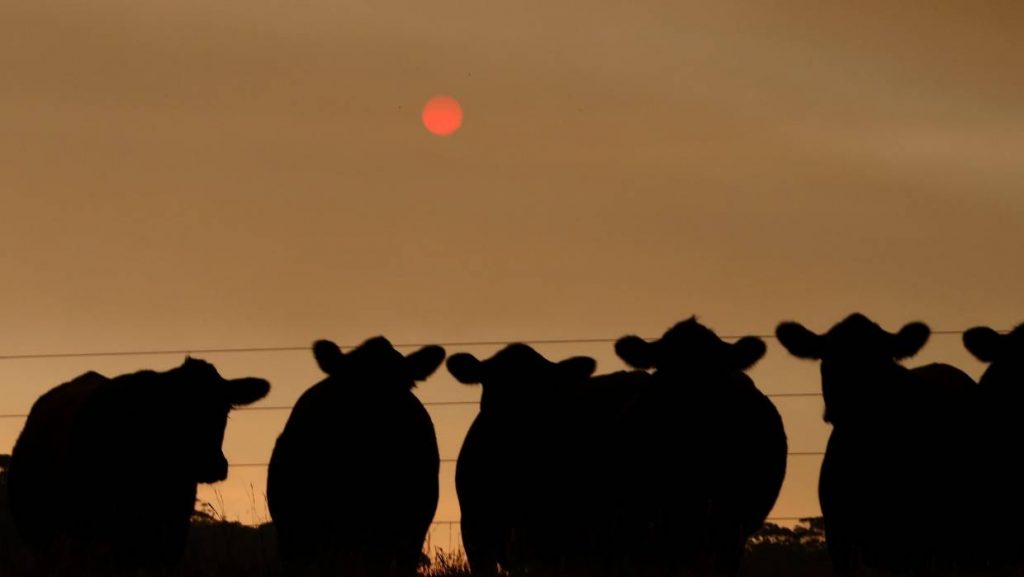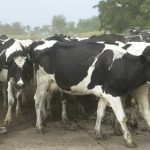
Focus is increasing in Australia on the animal welfare, environmental and economic costs of the fires that have so far burnt about 6 million hectares of bush and farmland and claimed 25 lives.
Matt Dalgleish, an analyst at Australian agribusiness research firm Mercardo, estimated 450,000 cattle and 1.7 million sheep could have been lost to the fires.
That was based on an assumption that about a fifth of the livestock in the areas significantly affected by fires could perish.
“Livestock losses of this magnitude would represent another 2.4 per cent wiped off the national sheep flock and 1.8 per cent taken off the national cattle population,” Mercardo said in a report on Tuesday.
Fonterra has seven factories in Victoria and Tasmania, but Fonterra Australia managing director Rene Dedoncker said the areas where its factories and farmer-suppliers were located remained largely unaffected.
“However, with no immediate end to the fires in sight and with the continued dry conditions as a result of the drought, we are staying close to any emerging risks and our priority is to ensure our people and farmers are safe,” he said.
Fonterra was considering what it could do to support affected communities and was working with the dairy industry to provide support for farmers, he said.
“As a first and immediate step, we have donated milk powder to our charity partner Foodbank which will go into emergency relief packs for those in need.
“We’re also talking to a number of support organisations about what help we can provide in the form of logistics, transport and warehousing.”
Australia’s Agriculture Department estimates the country is the world’s fourth-largest dairy exporter – after New Zealand, the European Union and the United States – with a 6 per cent share of the world market.
But Reuters reported that the bushfires were “set to pile on more pain” for the industry which has already been impacted by a prolonged drought, and processors faced tightening supplies.
A global dairy auction scheduled for Wednesday may indicate if there is any early impact on prices.
Steve Sexton, head of produce at New Zealand supermarket chain Countdown, said it had not seen an impact on supplies of produce from Australia to its stores in New Zealand, so far, but was keeping in touch with its Australian suppliers to monitor that.
“The vast majority of the produce in our stores comes from New Zealand growers.
“Like all New Zealanders, we’re very sad to see the devastation in Australia as a result of the bushfires,” he said.
Foodstuffs, owner of the Pak ‘n Save and New World supermarket chains, at this stage did not anticipate any issues with the supply of fresh produce, spokeswoman Antoinette Laird said.






















